Menstrual cycle and ovulation
The female cycle begins on the first day of menstruation and ends the day before the next period. It varies from woman to woman and usually lasts between 28 and 35 days, but the average is to have periods every 28 days. However, regular cycles that are longer or shorter than this, from 21 to 40 days, are also normal.
Between the ages of 12 and 52, a woman will have around 480 periods, or fewer if she has any pregnancies.
Every women's menstrual cycle is unique and the length of each cycle and its phases can vary based on your age and other factors.
The menstrual cycle consists of 3 phases:
- The follicular phase - starts on the first day of your menstrual period and ends when you start to ovulate. During this phase, the egg-containing pods called follicles ripen and one of the eggs matures in your ovaries.
- Ovulation (24 hours on average) - this phase happens when the ovary releases that mature egg down the fallopian tube on its way to fertilisation. Ovulation usually occurs on the 14th day of the menstrual cycle, however, both the menstrual cycle and ovulation date vary from woman to woman and sometimes from cycle to cycle. The life span of the egg is approximately 12 to 24 hours after its release from the ovary. Sperm survives in the cervix and remains fertile for up to 7 days. The 2 or 3 days before and the day after ovulation would be the ideal time for fertilisation of the egg.
- The luteal phase - this is the second half of your cycle, starting after ovulation and ending on the first day of your period. In this phase, the follicle that released the egg produces estrogen and progesterone hormones. Progesterone thickens the lining of your uterus to make it ready for pregnancy.
Once the follicle has released its egg, the egg travels down the fallopian tube, where it may come in contact with sperm and be fertilised. The follicle itself then changes. The empty sac closes off, turns yellow, and transforms into a new structure called the corpus luteum, which is essential for conception to occur and for pregnancy to last.
If you get pregnant, your body will also start to produce human gonadotropin (hCG), around 6 days after fertilisation. The role of the hCG hormone is to keep the corpus luteum active so that it can produce the hormones that are essential for the development of the pregnancy.
References and Further Reading:






